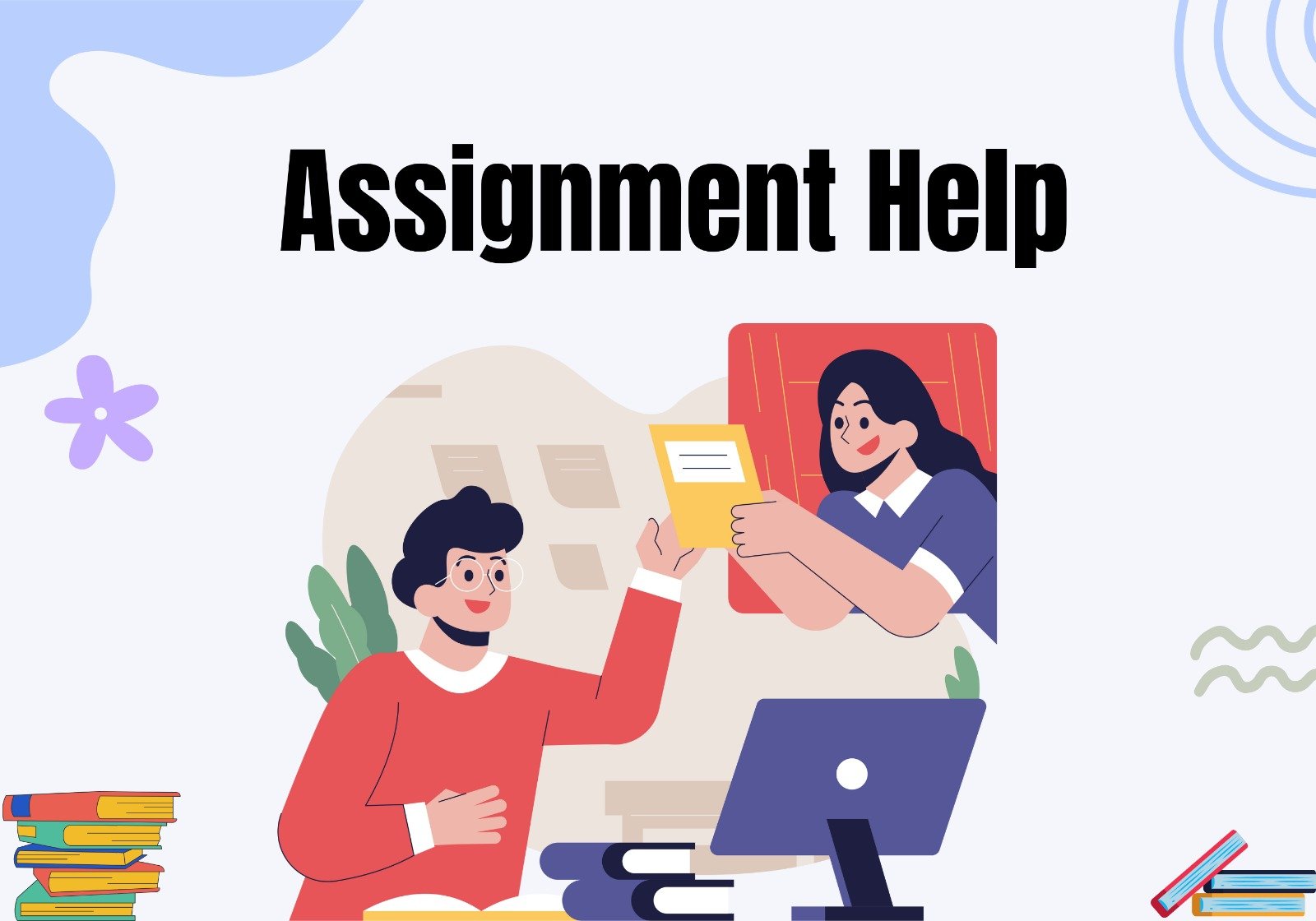The risk of career burnout is constant in the demanding path of professional corporate life. Even the most promising careers can be derailed by burnout, which is characterized by tiredness, cynicism, and a diminished sense of accomplishment. But a glimmer of hope can be found among all this confusion: the proactive recognition of one’s strengths and shortcomings. In addition to providing protection against burnout acknowledging your positive and negative traits opens the door for long-term professional development and fulfillment.
In this blog, we will learn how to prevent career burnout and success in our professional lives by addressing our strengths and weaknesses.
Enjoy A Productive And Stress-Free Corporate Life By Avoiding Career Burnout
Understanding Career Burnout
Burnout is a term that can be associated with different phases of our lives, but career burnout is its most significant type. It is caused by a variety of interrelated factors, such as a lack of autonomy, insufficient support, and unfulfilling work. So, by this we can understand that this phenomenon is not just about excessive workload. Its symptoms are many and include physical illness, a generalized feeling of disappointment, lack of motivation, a decrease in productivity, and emotional tiredness. In order to effectively address burnout, it is imperative to identify its underlying causes and acknowledge its complex nature across various industries and professions. You should look for a better opportunity if any of these factors become intolerable, and for that, you will need a stronger CV. In this case, your best bet would be to look for professional resume writers.
Importance of Self-Assessment
The key to preventing career burnout is developing self-awareness, which is achieved via thorough self-evaluation. People can learn a lot about their own traits and potential growth areas by evaluating their strengths and shortcomings. Individuals can be empowered to navigate their careers with clarity and purpose by using tools that facilitate this introspective journey, such as feedback mechanisms, reflective practices, and personality assessments. In addition to increasing self-awareness, self-evaluation acts as a compass that directs people toward sustainable and fulfilling career paths.
Building a Support Network
Navigating the challenges of a career journey requires more than just individual resilience – it necessitates a robust support network. Mentorship relationships and peer networks offer guidance, perspective, and encouragement, creating a sense of belonging and companionship. By nurturing these relationships, individuals can share experiences, seek advice, and strengthen each other’s resilience in the face of adversity, ultimately mitigating the risk of burnout.
Harnessing Strengths
Strengths identification and utilization go beyond simply enhancing one’s strengths; it also involves matching tasks to intrinsic capabilities to create a deep sense of achievement and purpose. Encouraging people to play to their strengths helps them perform better at work and avoid burnout by developing a strong sense of motivation.
Strategies such as seeking out projects that play to your strengths, collaborating with complementary team members, and pursuing professional development opportunities can enhance the impact of strengths in your career journey. It will eventually lead you to a more rewarding and sustainable professional life.
Mitigating Weaknesses
Pointing out your weaknesses is a chance for personal development rather than a sign of inadequacy. Individuals can lessen their weaknesses and avoid burnout by taking proactive steps like learning new skills, delegating, and asking for help. When someone adopts a growth mindset they initiate a journey of continuous improvement, making use of tools like peer collaboration, mentorship relationships, and training programs to address areas of weakness effectively. Proactively addressing these areas helps people build resilience and adaptability which strengthens them against the risk of career burnout in the workplace. It also reinforces their professional capabilities.
Mindfulness and Self-Care
Self-care frequently suffers as we all remain in constant pursuit of professional success. However, prioritizing mindfulness practices and self-care routines is essential for preventing burnout. Reducing stress, building resilience, and improving general well-being are all possible with methods like mindfulness-based stress reduction meditation and deep breathing. These practices can lead to a finely tuned sense of awareness and presence, allowing individuals to navigate challenges with greater clarity and stability.
Additionally, setting boundaries, prioritizing personal health, and nurturing meaningful relationships outside of work are equally vital components of a holistic approach to self-care. People can refuel their energy reserves, reduce their risk of burnout, and generate a long-lasting sense of well-being by incorporating mindfulness and self-care into their everyday lives.
Work-Life Balance Strategies
Maintaining a healthy work-life balance is extremely crucial for preventing burnout and sustaining long-term career satisfaction. Strategies such as setting boundaries around work hours, scheduling regular breaks, and prioritizing activities that promote relaxation and rejuvenation can help individuals strike a perfect balance between corporate duties and personal well-being. Additionally, cultivating hobbies, spending quality time with loved ones, and engaging in leisure activities are essential for replenishing energy reserves and developing resilience against burnout.
By creating a sense of equilibrium between work and life domains, individuals can enhance their overall quality of life, reduce stress levels, and sustain long-term career satisfaction. You have to do your work by yourself at the office, but there are things like updating your vitae is, something that can be done by an experienced resume editor. Getting help for such things can help you manage your things better.
Frequently Asked Questions
Can burnout be prevented by simply ignoring weaknesses?
Ignoring weaknesses can exacerbate stress and contribute to burnout. It’s essential to address weaknesses through proactive measures such as skill development and delegation.
How does mindfulness help in preventing career burnout?
There are several mindfulness practices, such as meditation and deep breathing. They can reduce stress levels, enhance resilience, and promote overall well-being, thus preventing burnout.
Is burnout solely caused by excessive workload?
While workload is a significant factor, burnout can also stem from a lack of autonomy, insufficient support, and unfulfilling tasks, highlighting the importance of holistic prevention strategies.
Can a strong support network mitigate the risk of burnout?
Yes, having a supportive network of mentors, colleagues, and friends can provide emotional validation, practical advice, and a sense of belonging, all of which can buffer against burnout.
Conclusion
As we reach the end of this article, where we explored career burnout and its preventative measures, one truth stands out: self-awareness and proactive efforts are essential in conquering the complexities of professional life. Through self-assessment, individuals uncover their strengths and weaknesses, guiding them towards a path of resilience and fulfillment. By harnessing strengths and addressing weaknesses, individuals fortify themselves against burnout’s pervasive threat. Adopting mindfulness, maintaining work-life balance, and committing to continuous learning further enhance resilience. Let us carry forward these insights, empowered to survive among the challenges of the modern workplace, shaping paths of sustained growth and well-being in our careers.










